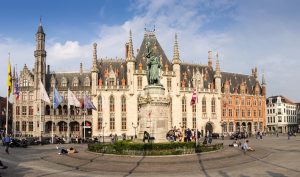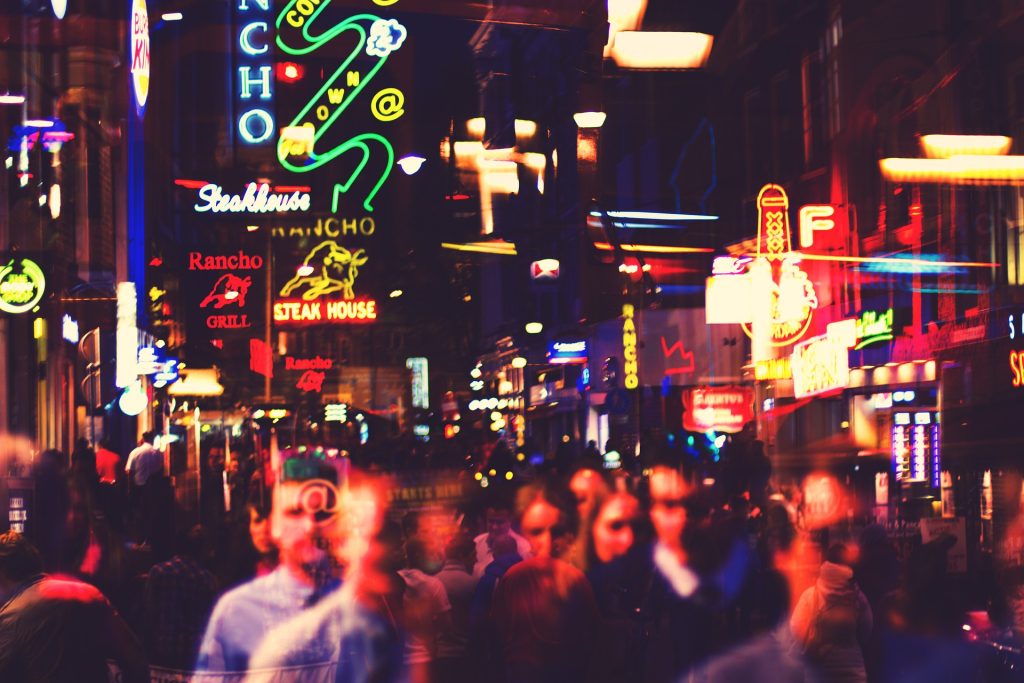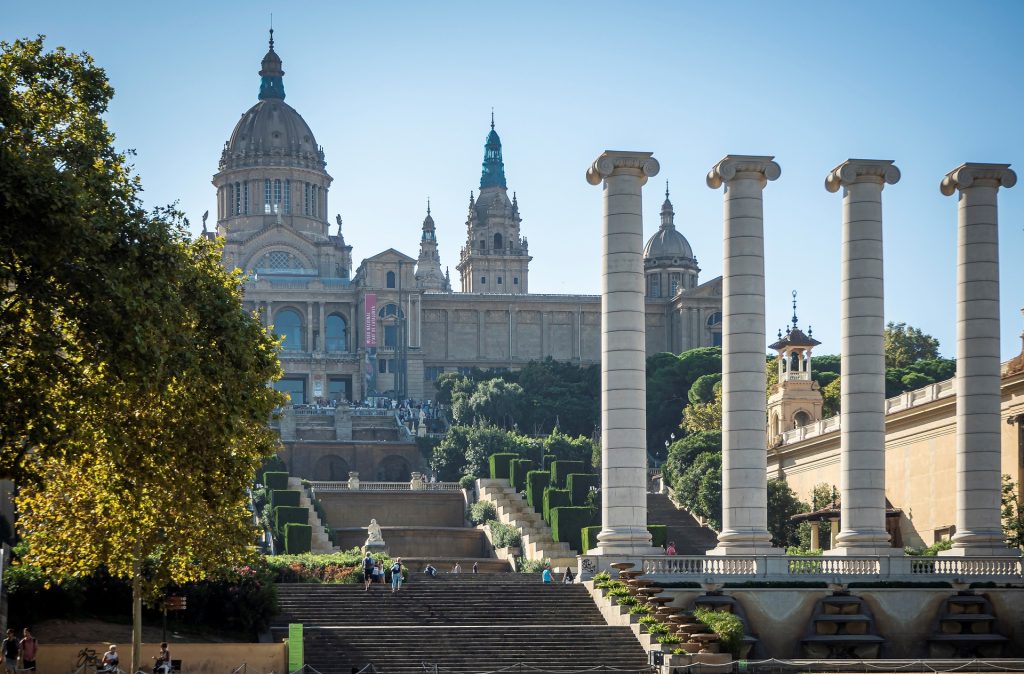 1. Introduction
1. Introduction
Bruges, known as the “Venice of the North,” is a city of medieval charm, cobblestone streets, and picturesque canals. With its well-preserved architecture, winding alleys, and UNESCO-listed historic center, Bruges has become one of Europe’s most popular tourist destinations. However, this surge in tourism has also brought about challenges for local residents. Overtourism has resulted in overcrowding, commercialization, and a changing atmosphere in this quaint city, impacting both the community and the environment. This article explores the effects of tourism on Bruges and suggests ways for visitors to explore the city responsibly.
2. A Brief Overview of Bruges
Bruges is the capital of West Flanders in Belgium, a city that has retained its medieval character with landmarks such as the Belfry Tower, Markt Square, and Church of Our Lady. Known for its intricate canal network, chocolate shops, lace-making traditions, and beer culture, Bruges welcomes millions of visitors every year. While tourism has bolstered the city’s economy, the sudden influx of visitors often overwhelms its small, historic streets and affects the daily lives of residents.
3. The Local Perspective
Although tourism supports local businesses, the residents of Bruges face daily challenges due to the constant stream of visitors:
- Overcrowding in the City Center: The historic center of Bruges, especially around Markt Square, often becomes overwhelmed with tourists, making it difficult for locals to navigate the streets or enjoy public spaces. The narrow streets and limited pedestrian areas struggle to accommodate the large tour groups, impacting the city’s once-peaceful charm.
- Commercialization of Historic Areas: Many traditional businesses and family-owned shops have been replaced by souvenir shops, chain cafes, and fast-food outlets catering specifically to tourists. This shift impacts Bruges’ unique character, turning the historic center into a bustling marketplace and diluting the local culture.
- Housing and Rent Challenges: The rise of short-term vacation rentals and a growing demand for property in the city center have driven up housing prices. Many locals find it difficult to afford rent in their own city, and some have been pushed out to the suburbs as historic areas increasingly cater to short-term visitors rather than long-term residents.
4. The Impact of Overtourism
Bruges’ popularity as a tourist destination has resulted in economic, environmental, and social impacts on the city:
- Environmental Degradation: The heavy foot traffic on Bruges’ cobblestone streets, pollution from increased transport, and littering by visitors all place strain on the city’s infrastructure. The canals, while beautiful, also face pollution from the influx of boat tours and waste left behind by tourists.
- Loss of Local Culture: The commercialization of Bruges has altered its authentic cultural landscape, with traditional lace-makers and artisanal chocolate shops increasingly replaced by generic gift stores. The city’s unique Flemish heritage risks being overshadowed by tourist-focused businesses.
- Economic Instability: While tourism brings revenue, many jobs are seasonal, leaving residents with economic uncertainty during the off-season. Additionally, an over-reliance on tourism can make the local economy vulnerable to global fluctuations, as seen during periods of travel restrictions or economic downturns.
5. Respectful Travel Tips
If you’re planning to visit Bruges, here are some ways to help preserve its beauty and respect the lives of its residents:
- Visit in the Off-Season: Traveling to Bruges during the fall or winter (outside of the summer and holiday seasons) can alleviate congestion in the city center and offer a more authentic experience with fewer crowds. Visiting during quieter times allows you to appreciate the charm of Bruges without contributing to peak-season strain.
- Support Locally-Owned Shops and Cafes: Choose traditional Belgian chocolate shops, independent cafes, and local artisans over international chains or souvenir shops. This helps support local businesses that are crucial to maintaining Bruges’ cultural character and ensures your spending benefits the local economy.
- Respect Public Spaces and Avoid Littering: Bruges is a small, historic city that depends on respectful visitors to keep it clean and beautiful. Dispose of trash properly, avoid walking on flower beds or historical walls, and respect the quiet charm of residential areas, especially in quieter neighborhoods.
- Walk or Bike Instead of Driving: Bruges is a compact, walkable city, and exploring it by foot or bike reduces traffic congestion and pollution. Biking is an ideal way to discover both the city center and the scenic countryside, while using public transport when needed minimizes your environmental footprint.
6. Ethical Considerations
Tourism can help preserve Bruges’ historic sites by funding restoration and supporting local jobs, but only when practiced responsibly. As a visitor, it’s essential to remember that Bruges is not just a picturesque location but a living community. Being mindful of local customs, contributing to the economy responsibly, and reducing your impact on the environment all help protect the city’s unique character for future generations.
7. Alternatives to Bruges
If you’re interested in discovering similar destinations without the heavy tourist crowds, consider these alternatives:
- Ghent: This nearby Flemish city boasts beautiful architecture, winding canals, and vibrant nightlife, similar to Bruges but with fewer tourists. Highlights include the Gravensteen Castle, St. Bavo’s Cathedral, and the bustling Graslei area along the canal.
- Leuven: Known for its medieval architecture and historic university, Leuven offers a blend of history and contemporary culture. It’s famous for its beer, with the world-renowned Stella Artois brewery located here, making it an ideal spot for those interested in Belgian beer culture.
- Dinant: Located along the Meuse River in Wallonia, Dinant is surrounded by cliffs and offers a picturesque, quieter experience with its stunning views, the Collegiate Church of Notre Dame, and the Citadel perched high above the town.
8. Conclusion
Bruges remains one of Europe’s most enchanting cities, but the strain of overtourism is beginning to take its toll on both the environment and the local community. By choosing to travel mindfully, respecting public spaces, and supporting local businesses, visitors can help Bruges maintain its historic charm. Sustainable tourism is key to preserving the essence of Bruges and ensuring it remains a beloved destination for both residents and travelers.

